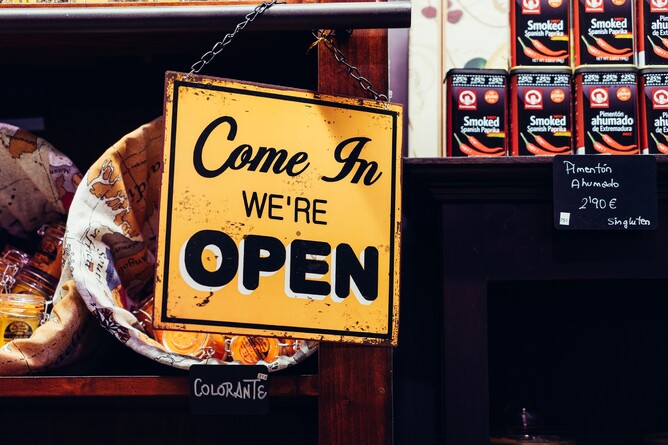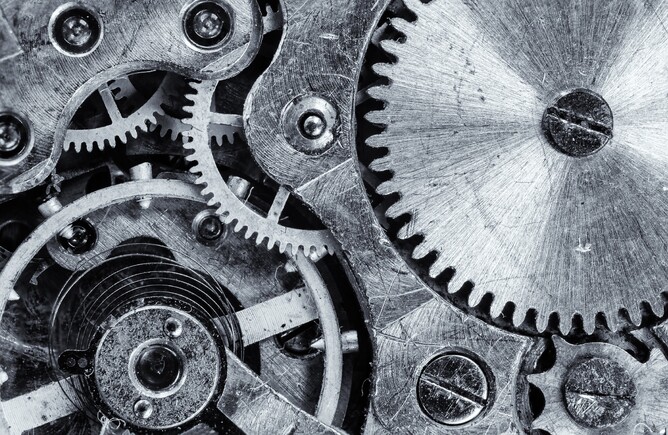Love them or hate them most businesses have a tag line of some description or another.
When we set up The imagination Factory we did our best to avoid having one. But people kept asking what single phrase summed up what we are about. So in the end we relented and spent some time figuring that out. We decided to set ourselves the challenge of expressing our essence not just in a single phrase, but in just two words.
It made us think hard about all the things we could be: pioneers, innovators, engineers, designers, thought leaders, creatives, environmentalists, technologists, shapers, collaborators and the list goes on. Once we had that list we had to ask ourselves above all what we wanted to be.
Keeping the end in mind.
Steven Covey encourages us to "start with the end in mind". And although nobody wants to think like this the reality is that no company or organisation lasts forever. Look at Woolworths. So, with a stiff drink in hand we dared to ask ourselves how we would want people to remember The Imagination Factory if we ever had to close the doors. That focused the mind a bit!
In the end two words on the list floated to the surface.
So, why do they mean so much to us?
When we set up The imagination Factory we did our best to avoid having one. But people kept asking what single phrase summed up what we are about. So in the end we relented and spent some time figuring that out. We decided to set ourselves the challenge of expressing our essence not just in a single phrase, but in just two words.
It made us think hard about all the things we could be: pioneers, innovators, engineers, designers, thought leaders, creatives, environmentalists, technologists, shapers, collaborators and the list goes on. Once we had that list we had to ask ourselves above all what we wanted to be.
Keeping the end in mind.
Steven Covey encourages us to "start with the end in mind". And although nobody wants to think like this the reality is that no company or organisation lasts forever. Look at Woolworths. So, with a stiff drink in hand we dared to ask ourselves how we would want people to remember The Imagination Factory if we ever had to close the doors. That focused the mind a bit!
In the end two words on the list floated to the surface.
Open
Design
Design
So, why do they mean so much to us?
Open
Open Hand
The first aspect of the word "Open" that has meaning for us is in the sense of an open hand. We've always felt that we do our best work in collaboration with other people: clients, inventors, academic experts, friends, other design agencies. We just don't believe we will be at our creative best by staying within the four walls of our studio dreaming up what other people might want.
Openness means we look to share our experience and skills across the design community. We recognise we stand on the shoulders of giants so why shouldn't we contribute something back? This includes mentoring students at the Royal College of Art and Imperial College London, sharing our discoveries on various forums such as Instructables and DesignSpark and engaging with organisations like the Knowledge Transfer Network to promote collaborative innovation in the UK.
Open Eyes
The other side of the word "Open" that makes it special for us is in the context of open eyes.
Designers have much to offer the world in terms of curiosity, education, inspiration and discovery. Our team draws a huge amount of job satisfaction from explaining the power of design thinking to those we come into contact with. The projects we work on are constantly expanding our minds to the wonders around us whether it is the discovery of a new way to use biomimicry in technology or an insight that a bright young inventor has unearthed.
The first aspect of the word "Open" that has meaning for us is in the sense of an open hand. We've always felt that we do our best work in collaboration with other people: clients, inventors, academic experts, friends, other design agencies. We just don't believe we will be at our creative best by staying within the four walls of our studio dreaming up what other people might want.
Openness means we look to share our experience and skills across the design community. We recognise we stand on the shoulders of giants so why shouldn't we contribute something back? This includes mentoring students at the Royal College of Art and Imperial College London, sharing our discoveries on various forums such as Instructables and DesignSpark and engaging with organisations like the Knowledge Transfer Network to promote collaborative innovation in the UK.
Open Eyes
The other side of the word "Open" that makes it special for us is in the context of open eyes.
Designers have much to offer the world in terms of curiosity, education, inspiration and discovery. Our team draws a huge amount of job satisfaction from explaining the power of design thinking to those we come into contact with. The projects we work on are constantly expanding our minds to the wonders around us whether it is the discovery of a new way to use biomimicry in technology or an insight that a bright young inventor has unearthed.
As Einstein said, "The mind that opens to a new idea never returns to its original size".
Design
Design is a tricky word to define. It can have so many meanings. But that's also why it is so vital to our essence at The imagination Factory.
Design is a trade
Design is a discipline that is worthy of study in its own right. Most of the team have official qualifications in various forms of design and many belong to organisations such as the Chartered Society of Designers and The Institute of Engineering Designers.
But design is also so much more than that.
We are all designers
In fact we have a mantra that "everyone is a designer". Obviously, not everyone has a trade that requires design training.
When someone assembles the contents of their fridge into an edible meal we call that design. When a friend comes up with a great idea for a group of you over the weekend, we see that as design.
In trying to understand what we do at The Imagination Factory people often ask us for examples of projects we have worked on. They are probably expecting a few case studies that will help them put a label on what we do: wearable tech, user experience, engineering. But they are usually more confused than before they asked!
What's the commonality between a modular mobile phone, a running device, a steam powered irrigation pump, a microwave system for cleaning rail tracks, a virtual reality motion experience and a heads up display for swimmers?
Design.
Do we engineer? Yes.
Can we prototype with electronics? Yes
Do we know how to translate insights into products? Yep.
Have we produced Intellectual Property through innovation? Definitely.
But we don't do all of those things every day.
What we are doing is creatively approaching problems, opportunities or challenges and making something new.
We design.
Design is a trade
Design is a discipline that is worthy of study in its own right. Most of the team have official qualifications in various forms of design and many belong to organisations such as the Chartered Society of Designers and The Institute of Engineering Designers.
But design is also so much more than that.
We are all designers
In fact we have a mantra that "everyone is a designer". Obviously, not everyone has a trade that requires design training.
But if design is the act of making something new, then nobody is excluded from the party.
When someone assembles the contents of their fridge into an edible meal we call that design. When a friend comes up with a great idea for a group of you over the weekend, we see that as design.
In trying to understand what we do at The Imagination Factory people often ask us for examples of projects we have worked on. They are probably expecting a few case studies that will help them put a label on what we do: wearable tech, user experience, engineering. But they are usually more confused than before they asked!
What's the commonality between a modular mobile phone, a running device, a steam powered irrigation pump, a microwave system for cleaning rail tracks, a virtual reality motion experience and a heads up display for swimmers?
Design.
Do we engineer? Yes.
Can we prototype with electronics? Yes
Do we know how to translate insights into products? Yep.
Have we produced Intellectual Property through innovation? Definitely.
But we don't do all of those things every day.
What we are doing is creatively approaching problems, opportunities or challenges and making something new.
We design.



